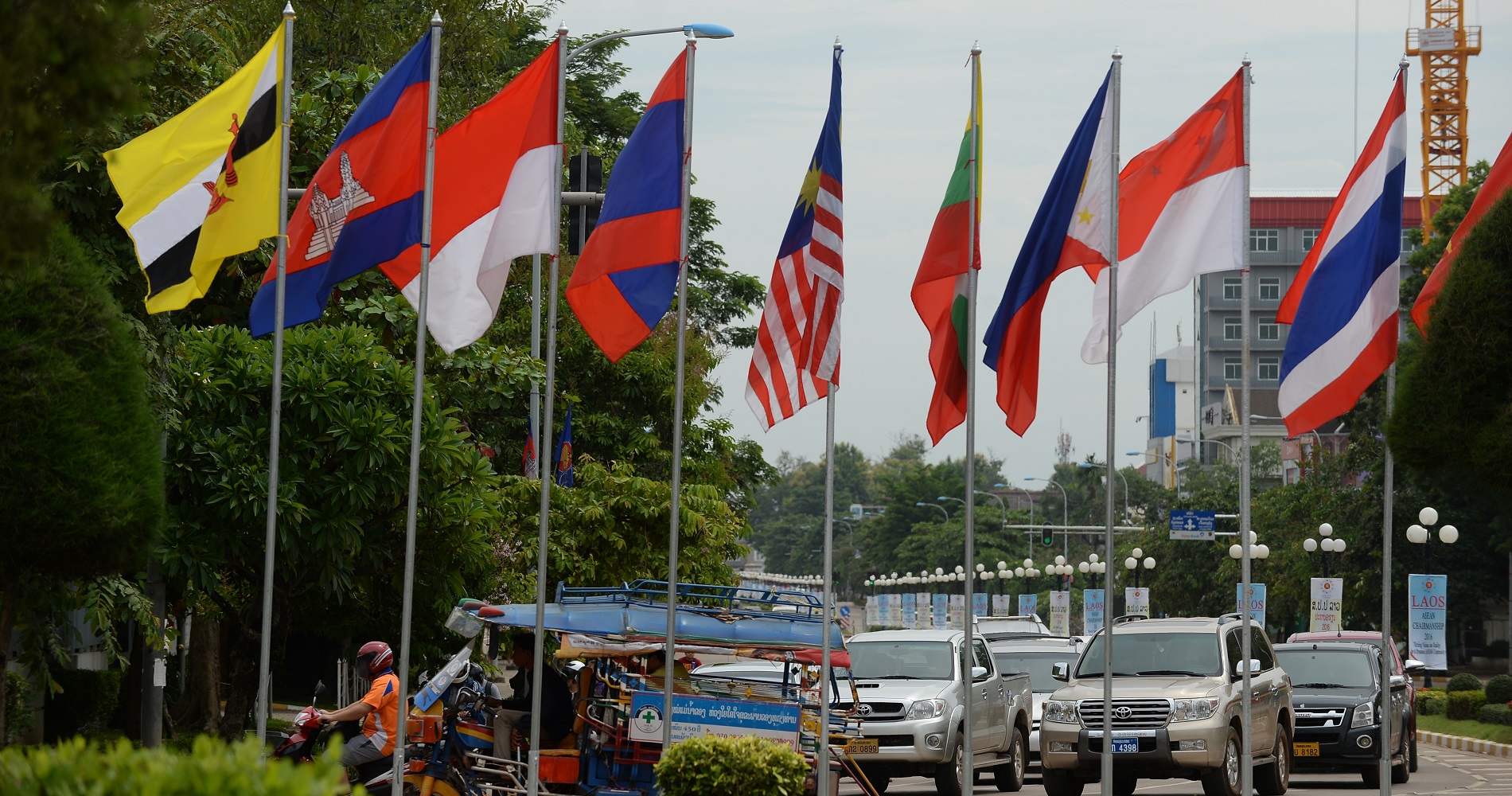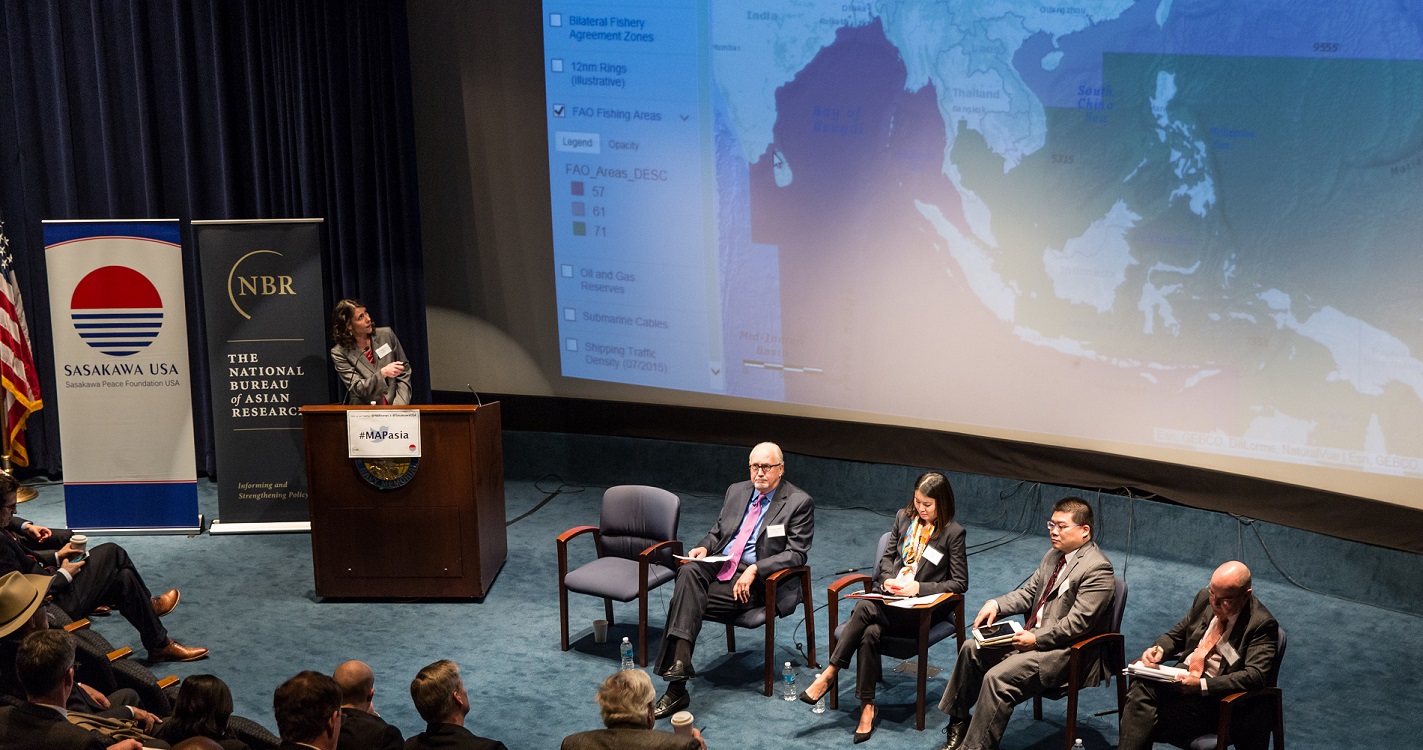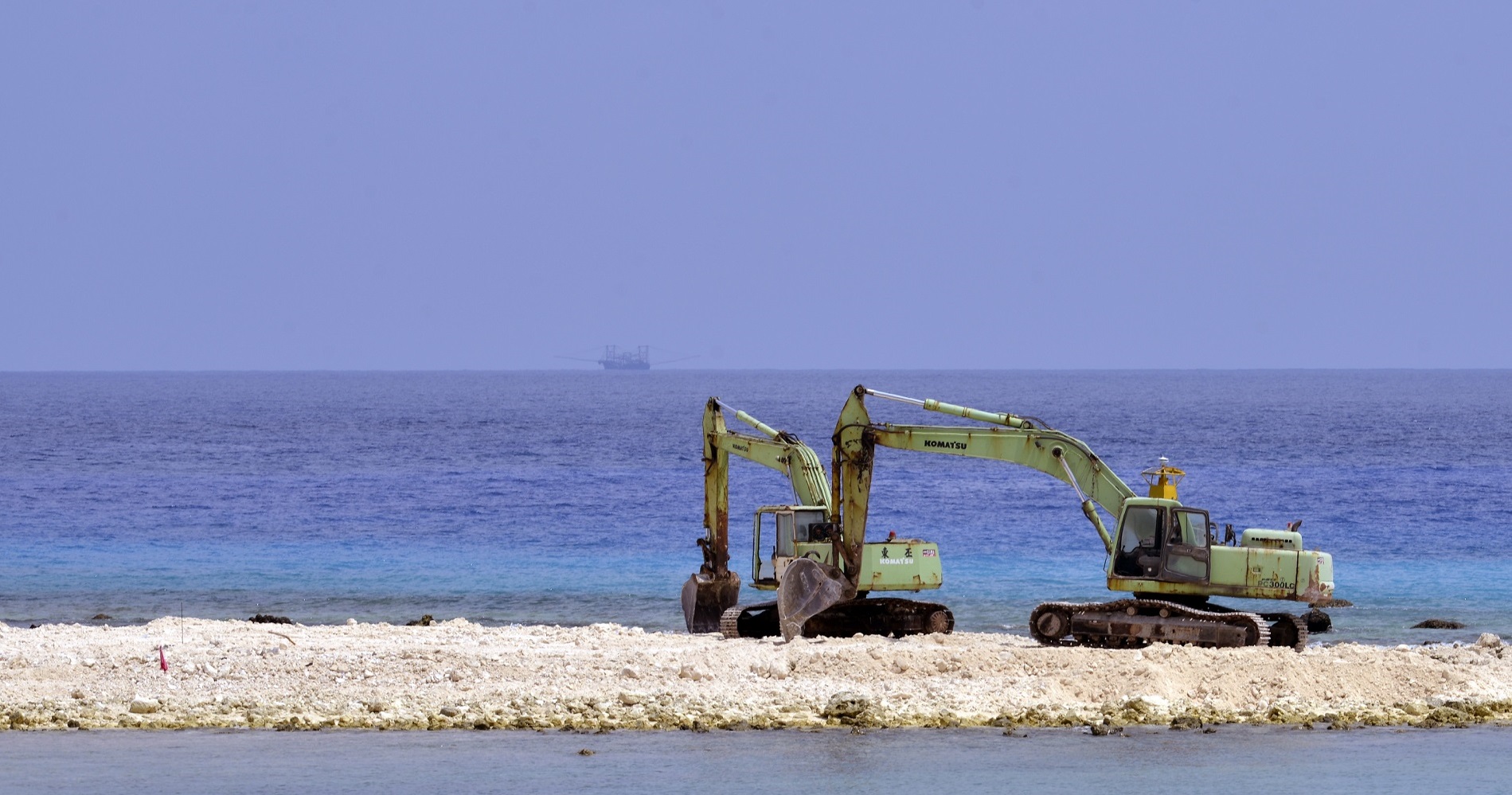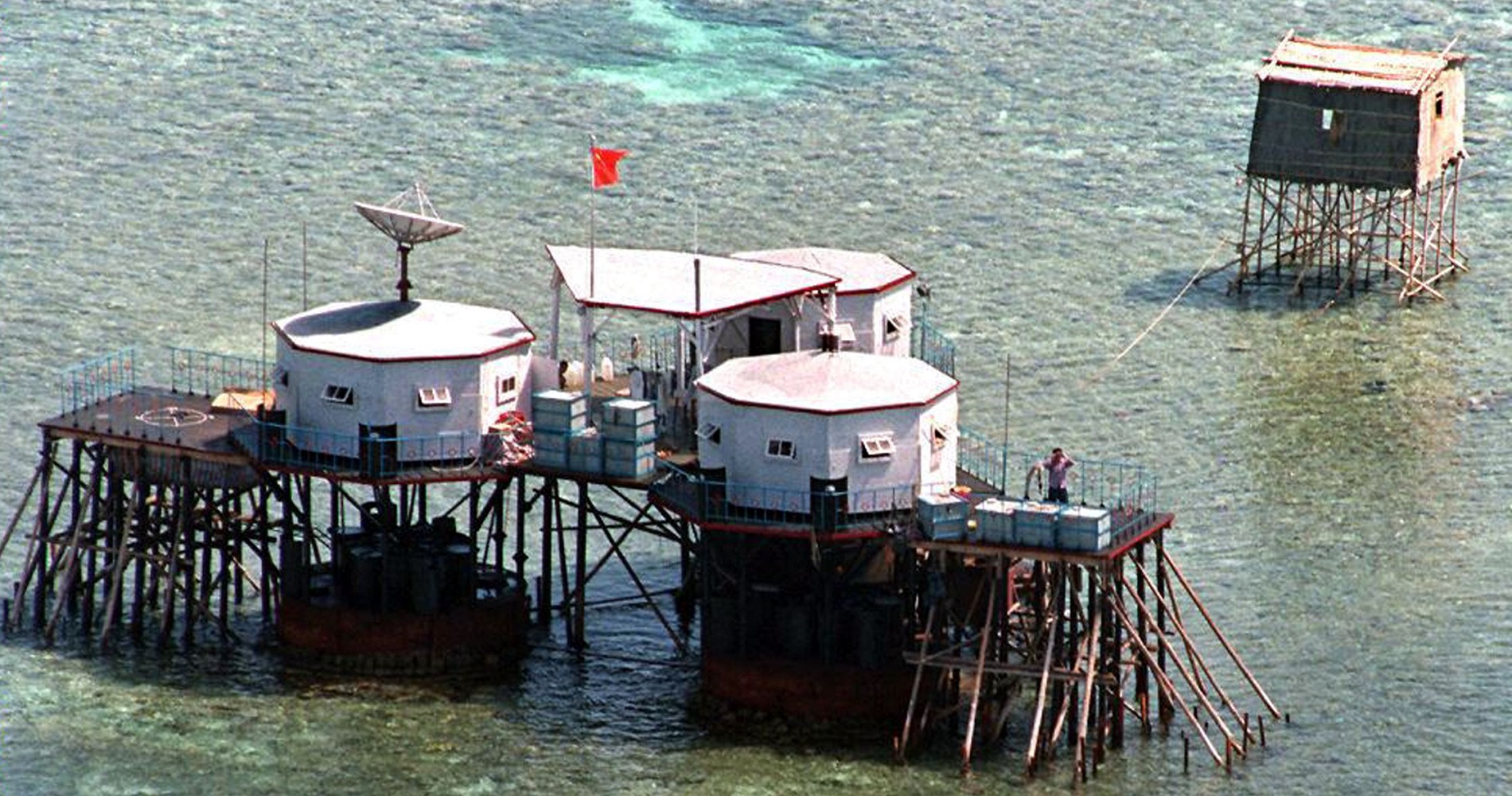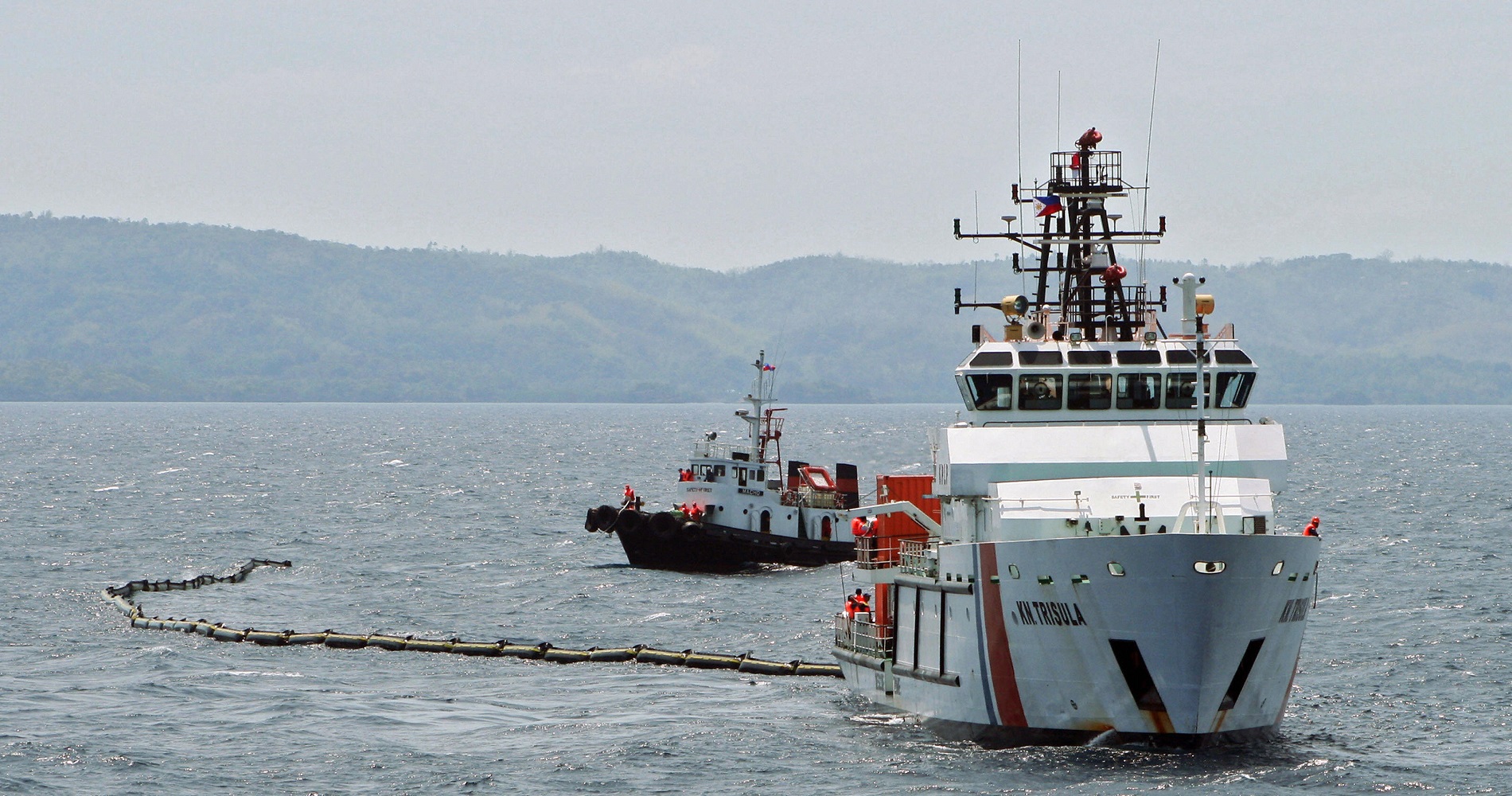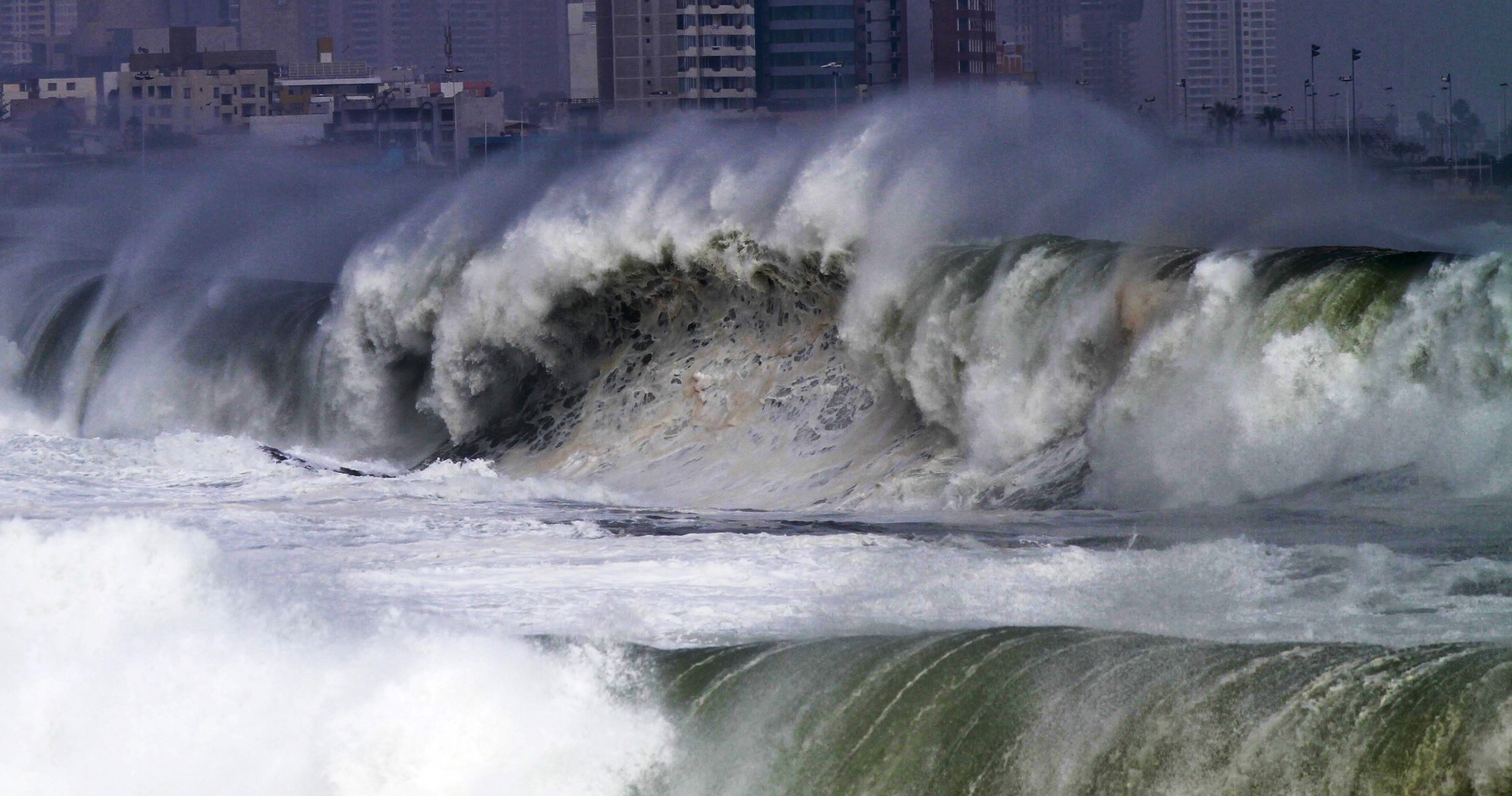user
ASEAN and the Risks of Business as Usual
Growing tensions over competing South China Sea claims, coupled with China’s increasing economic influence, are aggravating long-standing cleavages within the Association of Southeast Asian Nations (ASEAN). Intra-ASEAN differences are evident in the clear difficulty the grouping’s members have faced when trying to devise joint positions regarding the South China Sea, including during major meetings at Yunnan and Vientiane in June and July 2016. Unless its members reconfigure the way ASEAN operates, the organization risks irrelevance. Such reforms may include everything from bolstering the organization’s capacity for internal coordination to reworking decision-making processes or accepting the formation of more, and even… Read More »ASEAN and the Risks of Business as Usual
The Role and Use of International Law in the South China Sea Disputes
While the role of international law, including the law of the sea, is integral to understanding how the events in the South China Sea unfold, there are two dominant strands of thought that capture current thinking but limit our understanding of how the law functions within and between the states in the area. These two legal narratives intersect between the poles of justice, power, and order in maritime affairs, and significantly hinder analytical assessment of how the law works in the maritime domain and may be used as a diplomatic tool to solve regional tensions. The first strand views law as… Read More »The Role and Use of International Law in the South China Sea Disputes
MAP Launch Event
The National Bureau of Asian Research and Sasakawa USA launched the MAP web portal at a public event on April 14 in Washington, D.C., with an initial focus on the Asia-Pacific region. During the event, the leadership of MAP and a number of International Expert Panel members gathered to both demonstrate the web portal and engage in fruitful discussions on pressing maritime issues in the Asia-Pacific region. Vice Admiral Robert L. Thomas, Jr. (Director, Navy Staff, Office of the Chief of Naval Operations) provided the keynote address. A recording of the launch event is embedded below. Introduction Admiral (Ret.) Dennis C. BlairChairman… Read More »MAP Launch Event
Forecasting the South China Sea Arbitration Merits Award
Prediction is difficult—especially about the future. Niels Bohr’s words ring true when it comes to the case brought by the Philippines against the People’s Republic of China over their differences in the South China Sea. It is with caution, then, that this analysis forecasts the minimum findings likely to be reached by the Permanent Court of Arbitration (PCA) in its decision on the merits in this case under Annex VII of the United Nations Convention on the Law of the Sea (UNCLOS). The PCA decision in the jurisdictional phase of the proceedings, delivered last year, was refreshing in its straightforward… Read More »Forecasting the South China Sea Arbitration Merits Award
Voices: The Philippines-China Arbitration Decision
Over the coming days, MAP will host a number of short expert commentaries assessing the merits award on fifteen claims the Philippines brought against China before an arbitration tribunal, as well as the implications of the award’s decisions for other disputes, in the South China Sea and elsewhere. Download the commentaries as a pdf here. July 27, 2016 Sumathy Permal, Senior Researcher at the Maritime Institute of Malaysia, provides these thoughts: “The Philippines case against China is an effort provided for under the United Nations Convention on the Law of the Sea (UNCLOS), which allows parties to institute compulsory dispute resolution procedures… Read More »Voices: The Philippines-China Arbitration Decision
Traditional Fishing Grounds and China’s Historic Rights Claims in the South China Sea
In the past four months, three confrontations have occurred between China and Indonesia over the presence of Chinese fishing vessels in waters near Indonesia’s Natuna Islands. By compelling Jakarta to adopt a more active approach to defending its waters from Chinese encroachment, these incidents may transform the dynamics of the South China Sea disputes. Equally importantly, however, statements by China’s Ministry of Foreign Affairs (MFA) regarding these incidents provide clues about the content of China’s maritime claims in the South China Sea. Specifically, China appears to be moving toward justifying some of its claims in terms of historic rights, not… Read More »Traditional Fishing Grounds and China’s Historic Rights Claims in the South China Sea
Asia’s Seas Roar Anew: U.S. Maritime Challenges in the Indo-Asia Pacific
Sea lanes are one of the Asia-Pacific’s six “geopolitical stakes” according to Walter McDougall’s magisterial Let the Sea Make a Noise: A History of the North Pacific from Magellan to MacArthur. His interpretative history argues that sea lanes tied together the contest for the region’s other five “great prizes”: the west coast of North America, Alaska, Hawaii, Manchuria, and eastern Siberia. With the possible exception of Chinese immigrants encroaching on eastern Siberia, sovereignty over these land features along the Asia-Pacific rim is unlikely to be contested again as it was on and off for roughly two centuries until 1945. However,… Read More »Asia’s Seas Roar Anew: U.S. Maritime Challenges in the Indo-Asia Pacific
